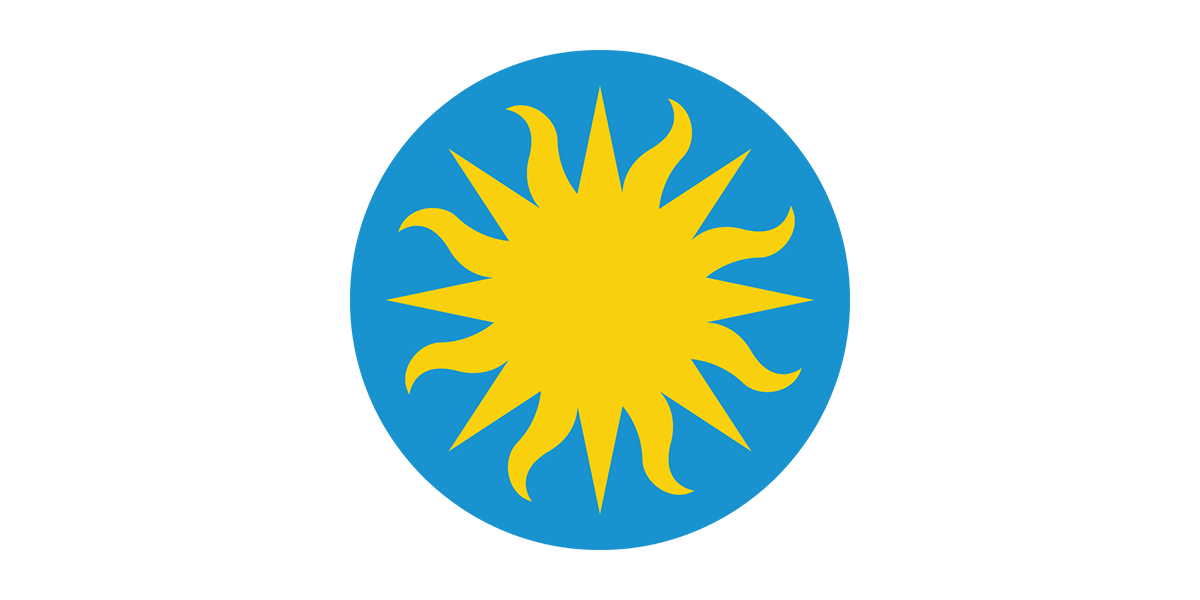Smithsonian Presents an Onstage Conversation about U.S. Perspectives on Argentina’s Military Dictatorship (1976-1983)
The Smithsonian Latino Center and the National Museum of American History will present an onstage conversation about the complex and controversial relationship between the U.S and Argentine governments during Argentina’s military dictatorship from 1976 through 1983, also known as the “Dirty War,” Thursday, May 13, 6 – 7 p.m. in the Carmichael Auditorium of the National Museum of American History.
Moderated by National Public Radio journalist María Hinojosa, the onstage conversation will feature the testimonies and analyses of F. Allen “Tex” Harris, former political officer in the U.S. embassy in Buenos Aires; Cynthia Arnson, director of the Latin American Program at the Woodrow Wilson International Center for Scholars; and American University law professor and human rights advocate Juan Méndez. This program will be webcast live and can be viewed by visiting http://latino.si.edu/newsevents/webcasts.htm.
This program is part of the series Argentina at the Smithsonian 2010 and is free and open to the public. This series features more than 20 public programs between March and December, including tango and jazz concerts, hands-on design programs, film screenings, artists’ dialogues, spoken-word readings, family days and scholarly presentations. Events include a Bicentennial Celebration Concert by the Pan American Symphony Orchestra, Wednesday, May 26, at 6 p.m. in the Millennium Stage of the John F. Kennedy Center for the Performing Arts.
The Smithsonian Latino Center highlights Latino contributions to art, science and the humanities through the development and support of public programs, research, museum collections and educational opportunities at the Smithsonian.
The National Museum of American History collects, preserves and displays American heritage in the areas of social, political, cultural, scientific and military history. For Smithsonian information, the public may call (202) 633-1000, (202) 633-5285 (TTY).
# # #
SI-206-2010

